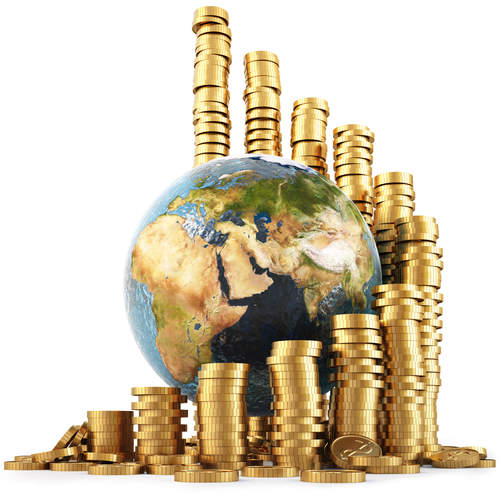
Growth in the use of electronic payment products, such as credit and debit cards, has added billions to worldwide GDP, says a study conducted for Visa by Moody’s Analytics.
The study of 56 countries that represent 93% of global GDP, concluded that "card usage makes the economy more efficient, yielding a meaningful boost to economic growth."
In absolute terms, the growth in the use of credit and debit cards added $375bn to the GDP of China, $127bn to the US, $51bn to the GDP of Brazil, $68bn to UK’s GDP between 2008 and 2012, the study said.
Globally, electronic payments contributed $983bn to the GDP of the 56 countries examined in the four-year period. Over the same time, GDP in those countries grew by an average of 1.8pp, corresponding with a growth in consumption.
"We can see from the data that the positive impact in economic growth is a direct result of card usage and is tied to the benefits electronic payments offer, including enhanced security, convenience of operating without cash or checks, increased efficiency at checkout and a reduction in the grey economy," said Visa general manager Kamran Siddiqi.
In emerging markets, card usage has increased consumption dramatically when compared to developed countries. Emerging markets have seen the greatest increase in GDP due to a high growth rate of card penetration. For example, a dramatic increase in card usage in China — from 31% in 2008 to an estimated 56% in 2012 – contributed with a 1.7% increase in GDP in that period.
According to Mark Zandi, chief economist of Moody’s Analytics, the increase in consumption is a testament to the surprising popularity of electronic payments in a time of austerity:
"Despite a challenging global economic landscape, the increasing penetration of payment cards helped increase consumer consumption and on average, added to GDP. At the same time these findings point to the need for governments to adopt policies that encourage the shift to efficient and secure electronic forms of payments."
The study also found that electronic card payments will continue to have a meaningful impact on the world economy, suggesting that cards may contribute with an additional 0.16% of future GDP. This is attributed to the cards’ contribution to economic activity by reducing transaction costs and improving efficiency in the flow of goods and services.







